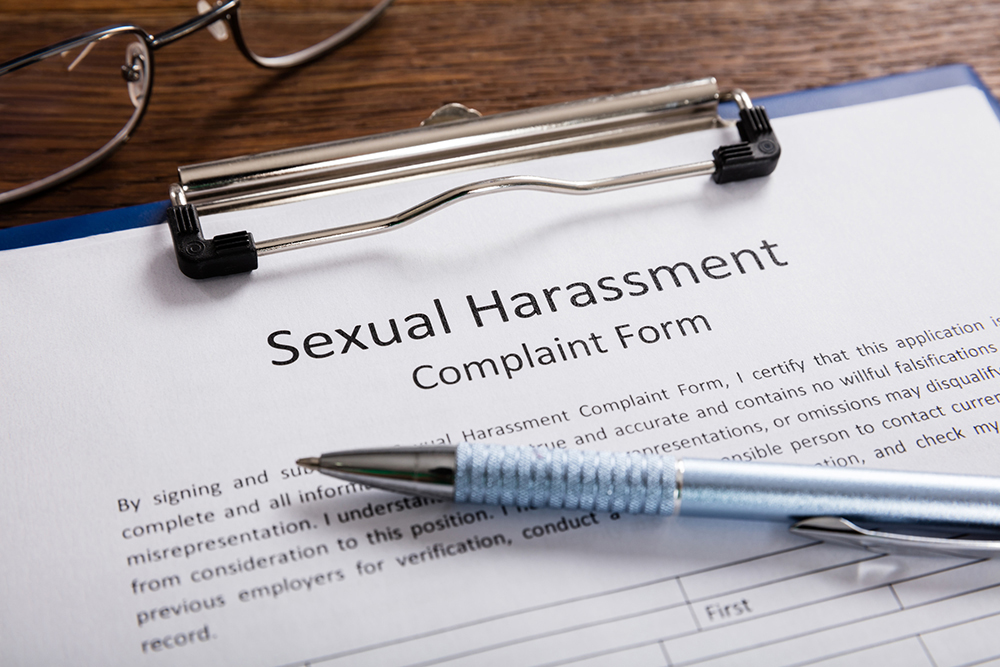The majority of harassment cases in the workplace actually don’t get reported and dealt with. Whether it’s sexual harassment or some other form, workplace harassment is much more pervasive than the statistics show. So, why is it that workplace harassment often goes unreported? Let’s take a look.
Common Reasons Workplace Harassment Is Not Reported
Here are some of the reasons harassment in the workplace may not get reported to the employer:
- The person who was harassed may feel he or she should have done something to stop it. This feeling of guilt—and not wanting to have to explain his or her side—can be enough to keep someone from speaking up, even if there’s no reason to feel this way.
- The individual may think he or she won’t be believed, so there’s no point, or that, even if he or she is believed, nothing will be done, so there’s still no point. There may be a culture of sweeping things under the rug, or there may be hints that this type of behavior is tolerated or a history of improper investigation. This may be an incorrect assumption but one that keeps a person from reporting a problem.
- The person may not know who to report it to. Or, the person the victim would report it to is the person causing the problem. (Employers should remember to give employees multiple outlets to report problems to hopefully avoid this issue.) Another similar situation may occur in organizations where there is no HR department because there is no one to escalate it to.
- The workplace culture may not support the victim. Instead, the culture may even seem to support the harassment, and the behavior may seem to be normal—which would discourage anyone from saying anything.
- The individual may have a fear of retaliation. Despite retaliation being illegal, it happens frequently. Perhaps the victim has seen it happen to others and doesn’t think reporting is worthwhile. Or, perhaps the fear is a strong enough motivator even if he or she hasn’t seen it happen. Loss of income is also a big motivator. In some cases of harassment, retaliation or other harm may even be threatened specifically.
- Reporting a problem means reliving the problem—which is in itself a reason to not report. It could also bring up past issues, making confronting it too difficult. There could also be a situation in which the individual simply does not want to go through the whole process of interrogation and investigation.
- The individual may assume there won’t be confidentiality. In that case, he or she may be afraid of creating other problems as a result, even if it does not escalate to formal retaliation. Fear of making the situation worse is a big roadblock.
- The individual may not be sure who to report, especially in a situation in which there’s a hostile work environment and multiple people are involved.
- The individual may not want to rock the boat and not be seen as a team player.
- It’s possible that the person may not be sure if what he or she experienced is actually considered harassment and therefore may not feel he or she has any right to report it. It’s not clear to everyone what actually constitutes either harassment or sexual harassment in the workplace.
Remember that a harassment complaint may first surface in the form of an Equal Employment Opportunity Commission (EEOC) investigation or lawsuit. As such, it’s in an employer’s best interest not only to take steps to keep all forms of harassment from occurring but also to be able to address them and put a stop to them if they do happen. Just because the person didn’t inform the employer doesn’t mean the employer is not legally liable for the harassment if it could have known about it and did nothing to stop or prevent it.

